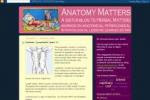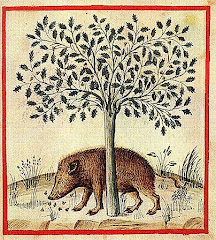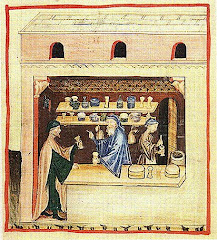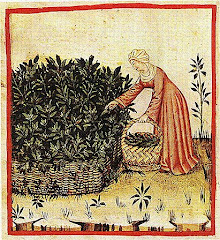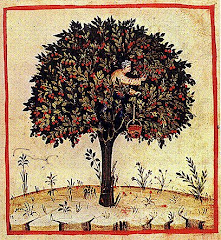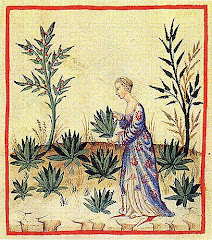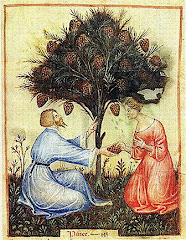This is a wonderful event on Southwark Bridge, part of the Thames Festival which is celebrating local food, foraging, school children growing food in reclaimed supermarket trolleys, preparing and eating good food including the sacred mayonnaise!, and a host of other activities for children and parents.
At the Living Medicine stall, which is on the north side of the bridge, medical herbalists and some generous volunteers will be serving various herb teas, free to all, to taste and take away. People can find out both how simple and delicious fresh and dried herb teas can be, as well as discover more about their many medicinal uses.
At the Living Medicine stall, which is on the north side of the bridge, medical herbalists and some generous volunteers will be serving various herb teas, free to all, to taste and take away. People can find out both how simple and delicious fresh and dried herb teas can be, as well as discover more about their many medicinal uses.

